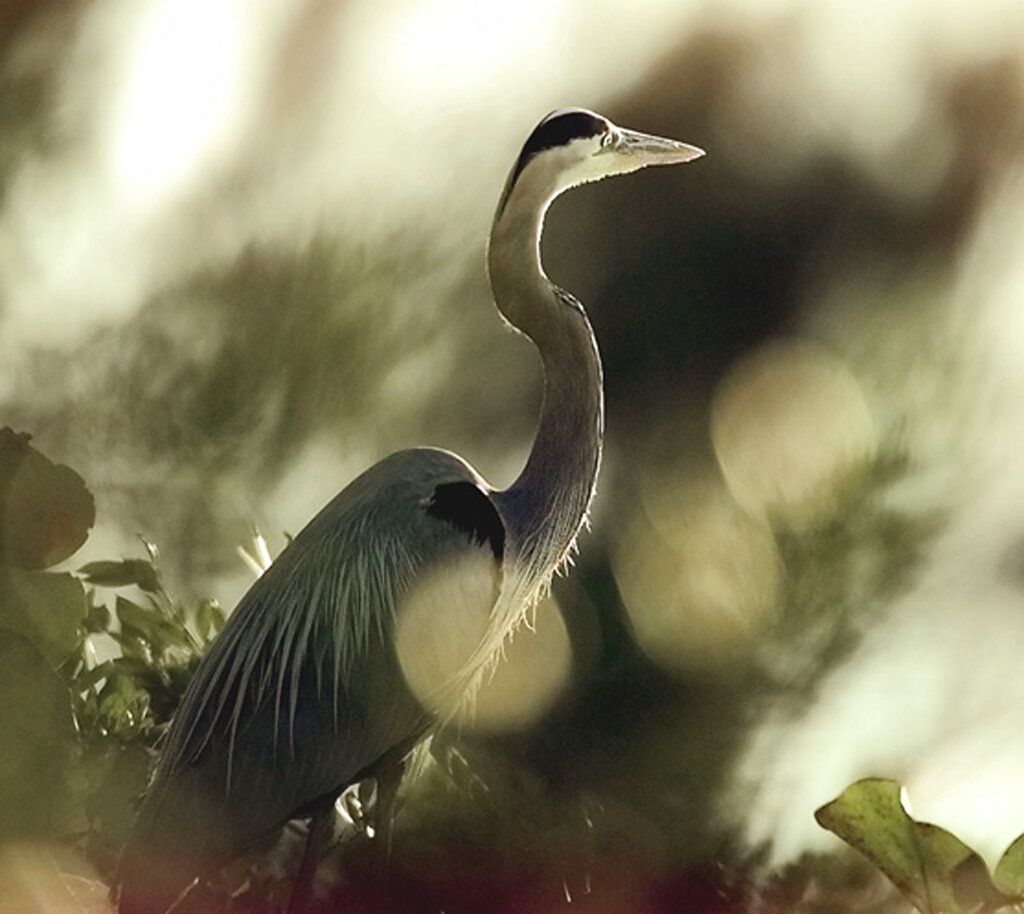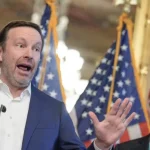

The New York City Audubon has changed its name to the New York City Bird Alliance, citing its former namesake, John James Audubon’s racist past.
“While we value John James Audubon’s contributions to art and ornithology, and the foundation he laid for an appreciation of nature and a conservation ethos in this country, we recognize that his views and actions towards people of color and Indigenous people were harmful and offensive — and that harm continues today,” the organization’s website states.
“A name once chosen for its popular appeal and association with beautiful images of birds is now associated with slavery and racism,” it added.
Audubon was an artist and naturalist famous for his paintings of North American bird species. He also owned slaves and was a strong opponent of abolition, something the New York organization described as “antithetical to [its] mission to protect birds and engage all New Yorkers as stewards of urban biodiversity.”
The organization voted in March 2023 to change its name and settled on the new name in March 2024 after soliciting nearly 250 suggestions and gathering input from over 1,000 stakeholders. The change was made official on Wednesday.
Last year, the National Audubon Society said it would keep its name despite public pressure to change it.
“The name has come to represent so much more than the work of one person, but a broader love of birds and nature, and a non-partisan approach to conservation,” Susan Bell, the chairwoman of the National Audubon Society’s Board of Directors, said in a statement at the time.
CLICK HERE TO READ MORE FROM THE WASHINGTON EXAMINER
However, dozens of chapters of the national organization have dropped the Audubon name.
“We recognize that not every organization will follow the same path that we did at NYC Bird Alliance,” Jessica Wilson, the New York organization’s executive director, told the Washington Examiner. “We hope the national organization, and all conservation organizations no matter their names, strive to genuinely and inclusively connect with all of their constituents and communities.”







